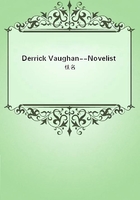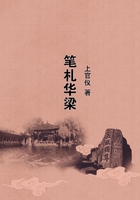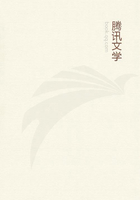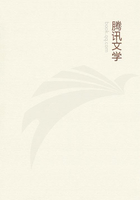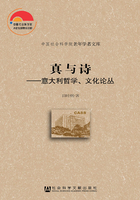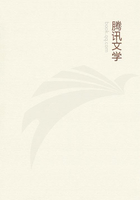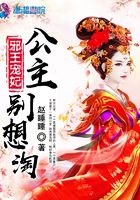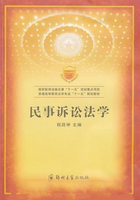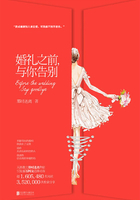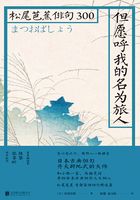Apollos at Corinth.
After leaving Corinth, Paul's next scene of labor was Ephesus.He was on his way to Jerusalem to attend an approaching festival, and his stay at Ephesus was necessarily brief.He reasoned with the Jews in the synagogue, and so favorable was the impression made upon them that they entreated him to continue his labors among them.His plan to visit Jerusalem prevented him from tarrying then, but he promised to return to them, "if God will." Aquila and Priscilla had accompanied him to Ephesus, and he left them there to carry on the work that he had begun.
It was at this time that "a certain Jew named Apollos, born at Alexandria, an eloquent man, and mighty in the Scriptures, came to Ephesus." He had heard the preaching of John the Baptist, had received the baptism of repentance, and was a living witness that the work of the prophet had not been in vain.The Scripture record of Apollos is that he "was instructed in the way of the Lord; and being fervent in the spirit, he spake and taught diligently the things of the Lord, knowing only the baptism of John."While in Ephesus, Apollos "began to speak boldly in the synagogue." Among his hearers were Aquila and Priscilla, who, perceiving that he had not yet received the full light of the gospel, "took him unto them, and expounded unto him the way of God more perfectly." Through their teaching he obtained a clearer understanding of the Scriptures and became one of the ablest advocates of the Christian faith.
Apollos was desirous of going on into Achaia, and the brethren at Ephesus "wrote, exhorting the disciples to receive him" as a teacher in full harmony with the church of Christ.He went to Corinth, where, in public labor and from house to house, "he mightily convinced the Jews,...showing by the Scriptures that Jesus was Christ." Paul had planted the seed of truth;Apollos now watered it.The success that attended Apollos in preaching the gospel led some of the believers to exalt his labors above those of Paul.
This comparison of man with man brought into the church a party spirit that threatened to hinder greatly the progress of the gospel.
During the year and a half that Paul had spent in Corinth, he had purposely presented the gospel in its simplicity."Not with excellency of speech or of wisdom" had he come to the Corinthians; but with fear and trembling, and "in demonstration of the Spirit and of power," had he declared "the testimony of God," that their "faith should not stand in the wisdom of men, but in the power of God."1 Corinthians 2:1, 4, 5.
Paul had necessarily adapted his manner to teaching to the condition of the church."I, brethren could not speak unto you as unto spiritual," he afterward explained to them, "but as unto carnal, even as unto babes in Christ.I have fed you with milk, and not with meat: for hitherto ye were not able to bear it, neither yet now are ye able." 1 Corinthians 3:1, 2.
Many of the Corinthian believers had been slow to learn the lessons that he was endeavoring to teach them.Their advancement in spiritual knowledge had not been proportionate to their privileges and opportunities.When they should have been far advanced in Christian experience, and able to comprehend and to practice the deeper truths of the word, they were standing where the disciples stood when Christ said to them, "I have yet many things to say unto you, but ye cannot bear them now." John 16:12.Jealousy, evil surmising, and accusation had closed the hearts of many of the Corinthian believers against the full working of the Holy Spirit, which "searcheth all things, yea, the deep things of God." 1 Corinthians 2:10.However wise they might be in worldly knowledge, they were but babes in the knowledge of Christ.
It had been Paul's work to instruct the Corinthian converts in the rudiments, the very alphabet, of the Christian faith.He had been obliged to instruct them as those who were ignorant of the operations of divine power upon the heart.At that time they were unable to comprehend the mysteries of salvation; for "the natural man receiveth not the things of the Spirit of God: for they are foolishness unto him: neither can he know them, because they are spiritually discerned." Verse 14.Paul had endeavored to sow the seed, which others must water.Those who followed him must carry forward the work from the point where he had left it, giving spiritual light and knowledge in due season, as the church was able to bear it.
When the apostle took up his work in Corinth, he realized that he must introduce most carefully the great truths he wished to teach.He knew that among his hearers would be proud believers in human theories, and exponents of false systems of worship, who were groping with blinds eyes, hoping to find in the book of nature theories that would contradict the reality of the spiritual and immortal life as revealed in the Scriptures.He also knew that critics would endeavor to controvert the Christian interpretation of the revealed word, and that skeptics would treat the gospel of Christ with scoffing and derision.

